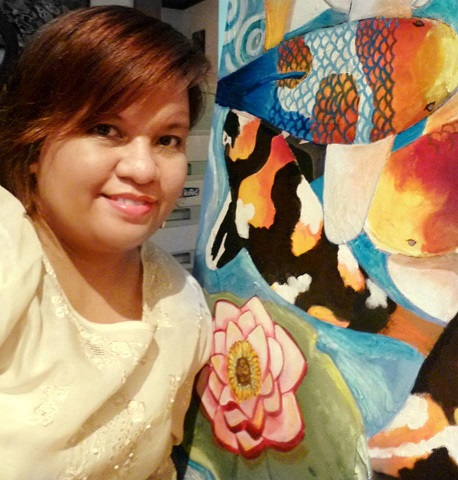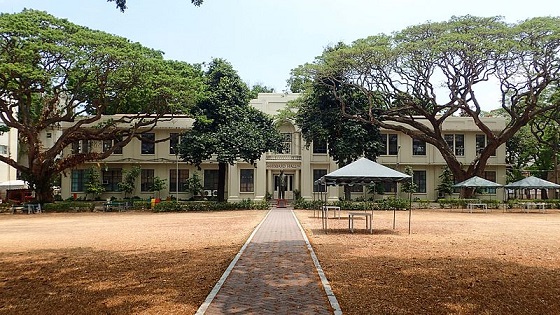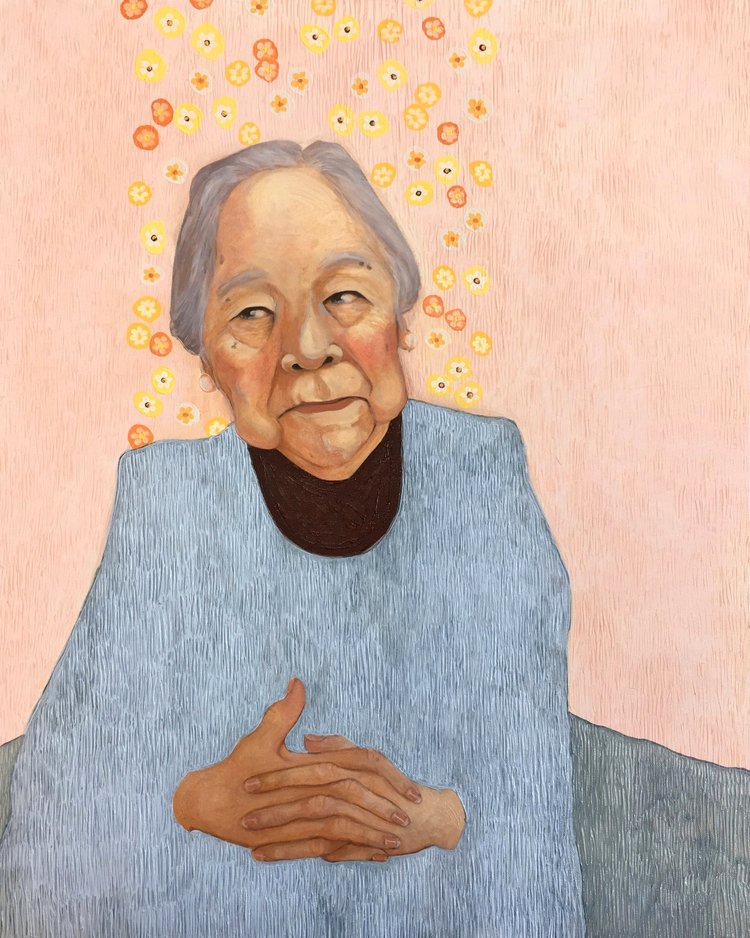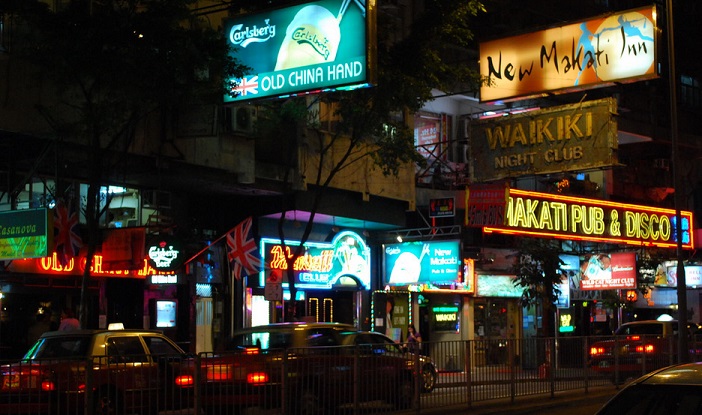You’re not lost, just back where you started
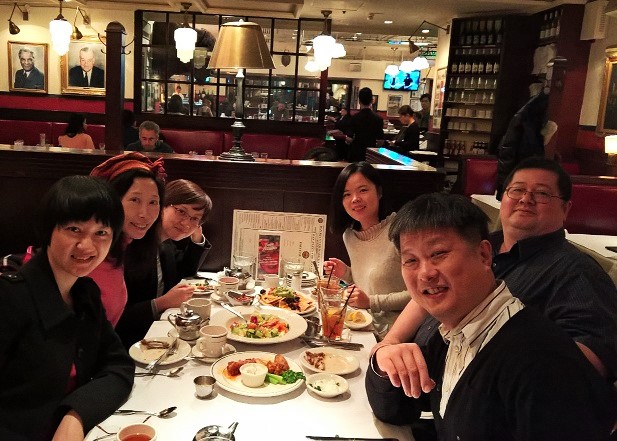
Farewell lunch with South China Morning Post friends and colleagues. Author is at right leaning back.
In a way, I felt like the Tom Hanks character Chuck Noland in “Cast Away.”
He clicks the lights on and off in the hotel room while sprawled on the floor beside the bed, reassuring himself that he is back among the living after spending years stranded in the middle of the Pacific. All the time, he is talking to Wilson, a volleyball which washed up on the rocky beach of the island.
That is how it felt like coming home to New Jersey, after spending two years in Hong Kong working for a regional paper as a business editor.
Hong Kong is not the middle of the Pacific. It may be a little hard to feel totally alone when you live in a city of seven million people more than 100,000 of them Filipino domestic workers.
But when you are alone without family and no wife to laugh, argue and share your day’s bane and bliss with at the end of the day, it feels like being adrift in the middle of an ocean.
At least that’s what it felt like to me.
You wake up on weekends and find yourself wondering what to do and where to go after exhausting the museums, the theaters and the sports clubs. You eagerly await Thursdays when the new movies are issued. Three-movie marathons had become a regular part of my weekly schedule, the antidote to managing the loneliness.
Sure I had friends, and I went out with them for occasional drinks or to discover restaurants that served the best duck dishes. But they have their own lives and asking them out on most weekends seemed like an imposition.
When I wanted a change of pace, I went hiking from my apartment in Wan Chai’s red light district to the middle of town. Often I would climb the International Finance Centre mezzanine to look across the harbor. It is a breathtaking view of the waterfront if only there was no fine shroud-like polluted haze obstructing it.
The island of Cheung Chau had been my favorite destination for seafood. I would watch the waves lap the beach and stay around for a while after a sumptuous solo lunch.
The mundane keeps you awake. Washing clothes and doing the groceries gave me domestic familiarity. Week after week, I looked forward to this routine with a mixture of anticipation and dread. I experimented with detergent soap as I did with wine and cold cuts. The Pinays behind the deli meat counter at Pacific Place would always have their untold stories that came with the sliced Spanish ‘jamon’ delicately wrapped in wax paper. In one encounter, it ended with, “Sir, ampunin niyo na lang yung anak ko. Gusto ko lang siya bigyan ng magandang kinabukasan pag nakapag-aral sa America.”
The door to my apartment is secured further by a heavy brass grill. This grill, where Hongkongers usually hang their umbrellas, gave my tiny room the feel of solitary confinement.
When my newspaper started a live blog of the Chinese stock markets during the free-fall in June, the daily frenzy of editing and filing 80 to 100 articles online kept me really busy, I sometimes forgot to Facebook chat my wife from sheer exhaustion. I welcomed the heavy workload as a way of taking the edge off my homesickness. I didn’t feel so alone.
The last six months forced me to focus on my departure for home. I began boxing and mailing clothes, contacting all the utility companies to end their services, talking to my bank so I can access my Hong Kong account in New York, and a tying up a thousand little loose ends that were part of my daily life. I could smell home from that point on.
I finally got back to my home in New Jersey, a place where I had spent less time than in my apartment in Wan Chai, where I could still hear “Sweet Caroline” sung by drunken bar patrons after a Rugby Sevens tournament game.
I got lost in my kitchen, couldn’t find the sugar and the utensils. But having my wife behind the stove cooking felt all too familiar and greatly comforting. Unlike Chuck Noland, I came home not with a full beard but with a treasure trove of survival skills to dealing with loneliness. It begins with the movie pages.





